Top Class Actions’s website and social media posts use affiliate links. If you make a purchase using such links, we may receive a commission, but it will not result in any additional charges to you. Please review our Affiliate Link Disclosure for more information.
Makers of the infant generic of Tylenol might have overcharged customers for years, according to a price comparison with the children’s version of the oral suspension. Despite one being labeled for infants and one being labeled for children, both products have contained 160 mg of the active ingredient per 5 mL since June 2011.
What is Generic Tylenol?
Generic Tylenol is acetaminophen, which is the active ingredient in Tylenol. Generic Tylenol for infants and generic Tylenol of children are available in liquid suspension forms that have identical formulations, but the infant version costs around three times more than the children’s version. Most consumers have believed the formulations were different and that the infant version must be more concentrated, which it was until 2011.
Johnson & Johnson makes the brand-name varieties of Tylenol, including both Infants’ Tylenol and Children’s Tylenol.
Indeed, for many years, the infant formulation was three times more concentrated than the children’s version, according to Inma Hernandez of the University of Pittsburgh School of Pharmacy.
Why is There a Price Difference?
Originally, the infant formulation was stronger than the children’s liquid, which is what led to the justification of the infant generic of Tylenol costing more.
The U.S. Food and Drug Administration strongly advised that the infant and children versions be made with the same concentration back in the late 2000s after several babies became ill (or even died) when parents made dosing mistakes.
Even after the medication became identical, the price difference persisted.
Manufacturers have tried to make a case for the higher expense of the infant formulation by saying the dosing syringe that comes with the package adds to the manufacturing cost. Still, consumer advocates have a hard time believing the syringe nearly doubles (or even triples) the price of the infant acetaminophen.
According to the Poison Control Center, the old version of concentrated infant generic of Tylenol contained 80 mg in each 0.8 mL dropperful. At that time, the children’s Tylenol contained 160 mg in every 5 mL and instead of a dropper, the packaging came with a small measuring cup. The differences in the concentration of the active ingredients confused some parents and caregivers who switched from one product to another, resulting in accidental overdoses.
Symptoms of acetaminophen poisoning in children can take up to 12 hours before they appear and may include:
- Abdominal pain
- Irritability
- Weakness
- Loss of appetite
- Jaundice (yellowing of the eyes and skin)
- Diarrhea
- Nausea
- Vomiting
- Convulsions
- Coma
A doctor will run a number of diagnostic tests to determine acetaminophen poisoning. A check of electrolytes, kidney function, a complete blood count and a test to see how well the blood can coagulate are often completed, in addition to an ultrasound of the liver to see if it appears enlarged.
Which Brands Are Guilty of Deceptive Pricing?

Walgreens advertises its own generic Infants’ acetaminophen at $4 per ounce, but its own generic children’s formula is only $1.25 per ounce. Each formulation contains 160 mg of acetaminophen per 5 ml of medication.
On Walmart’s website, its Equate brand of infants acetaminophen oral suspension is $1.97 per ounce; the Equate children’s acetaminophen oral suspension is just 72 cents per ounce.
RiteAid sells its own brand of infants acetaminophen for about $2 per ounce, but sells its own RiteAid brand of children’s acetaminophen for 75 cents per ounce.
Other retailers under investigation include Target, Publix, Ralph’s and Dollar General.
How to Join an Infant Tylenol Class Action Lawsuit
Did you know that Johnson & Johnson recently agreed to a $6.3 million class action lawsuit settlement regarding allegations Infants’ Tylenol was overpriced? Plaintiffs alleged they paid more for the infant version because they were deceived into believing it had a unique formulation compared to Children’s Tylenol, even though the products were the same.
Johnson & Johnson admitted no wrongdoing, but settled the lawsuit for $6.315 million, which benefits consumers who bought Infants’ Tylenol between October 2014 and Jan. 6, 2020.
Now, the makers of generic forms of infants’ acetaminophen are under investigation for similar allegations.
Any consumer who bought infants’ acetaminophen that was marketed as a formula specifically for babies could be eligible for this class action lawsuit investigation. No matter what generic you purchased, the formulation for both infant and children has been the same since 2011.
Join a Free Infant Acetaminophen Class Action Lawsuit Investigation
If you purchased acetaminophen marketed specifically for infants, you may qualify to join an infant acetaminophen class action lawsuit investigation.
This article is not legal advice. It is presented
for informational purposes only.
ATTORNEY ADVERTISING
Top Class Actions is a Proud Member of the American Bar Association
LEGAL INFORMATION IS NOT LEGAL ADVICE
Top Class Actions Legal Statement
©2008 – 2024 Top Class Actions® LLC
Various Trademarks held by their respective owners
This website is not intended for viewing or usage by European Union citizens.




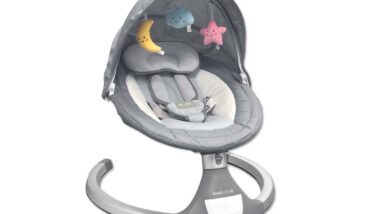
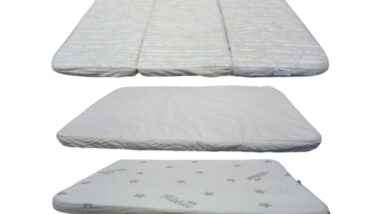

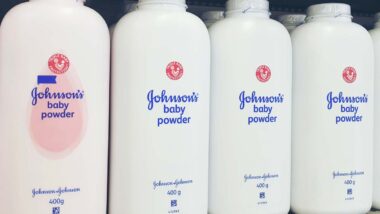
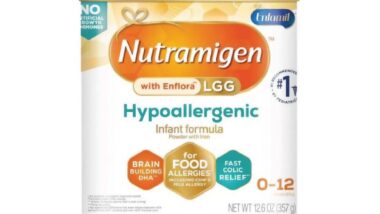
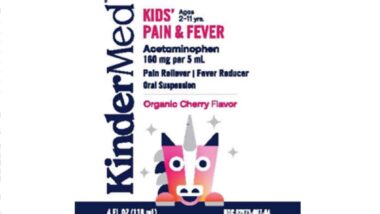
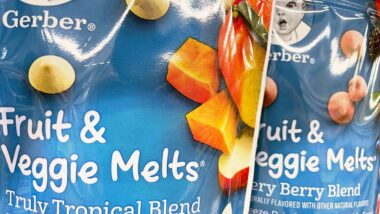
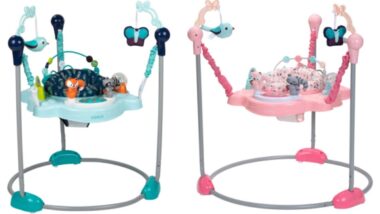
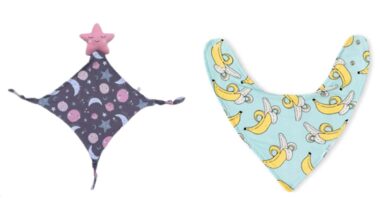
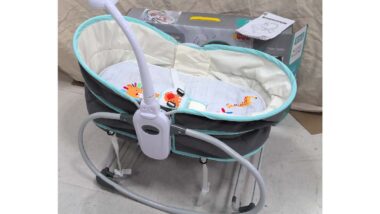
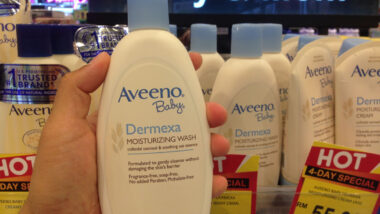
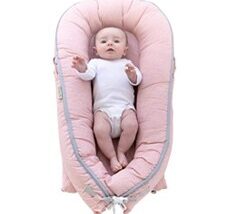
11 thoughts onHave You Been Overcharged for the Infant Generic of Tylenol?
ADD MY NAME, I buy the brands from Walmart trying to save money but NOT again.